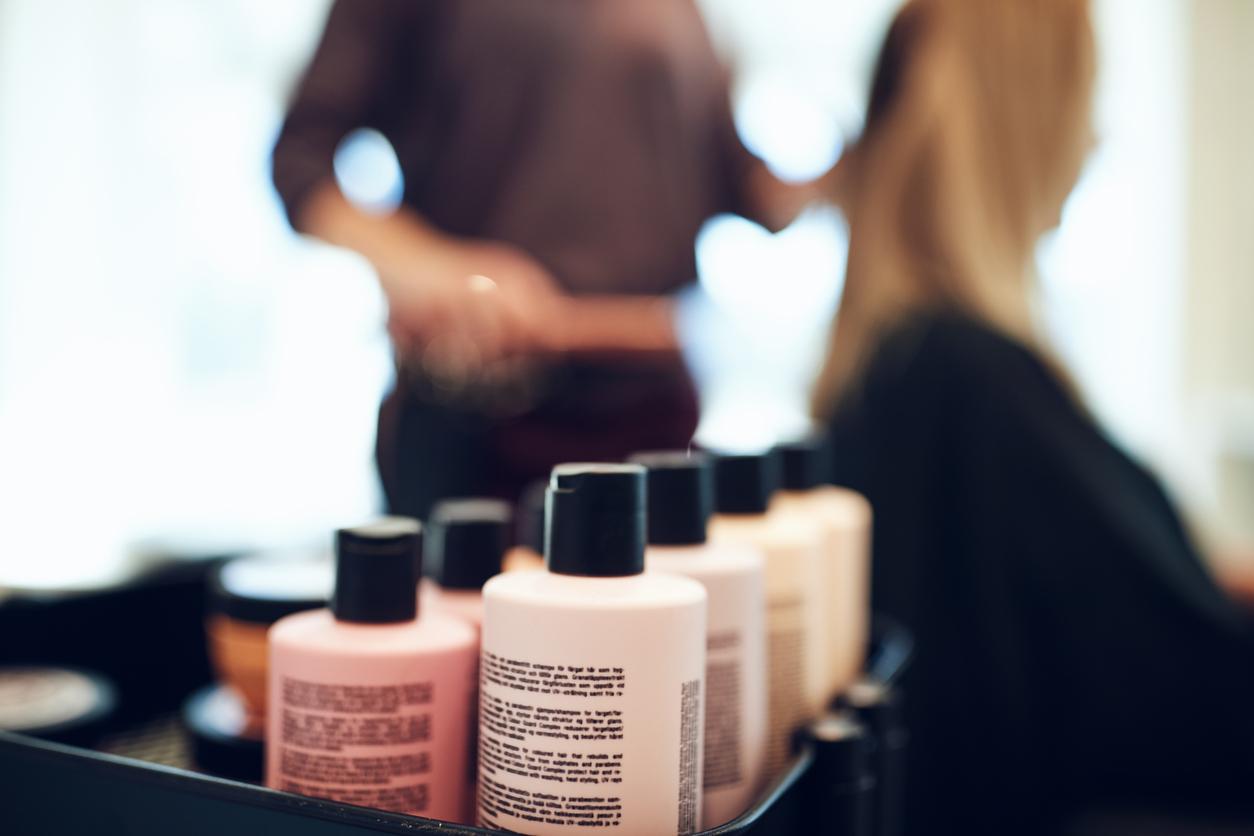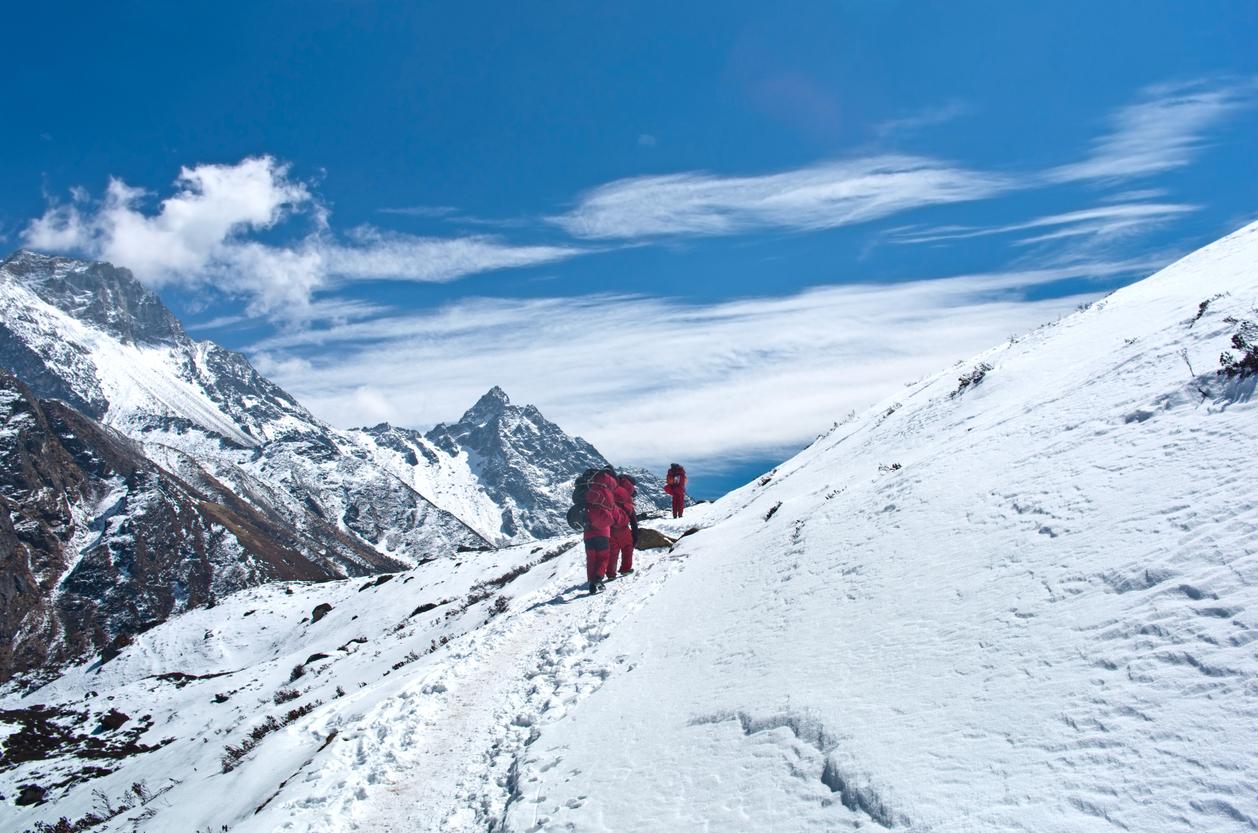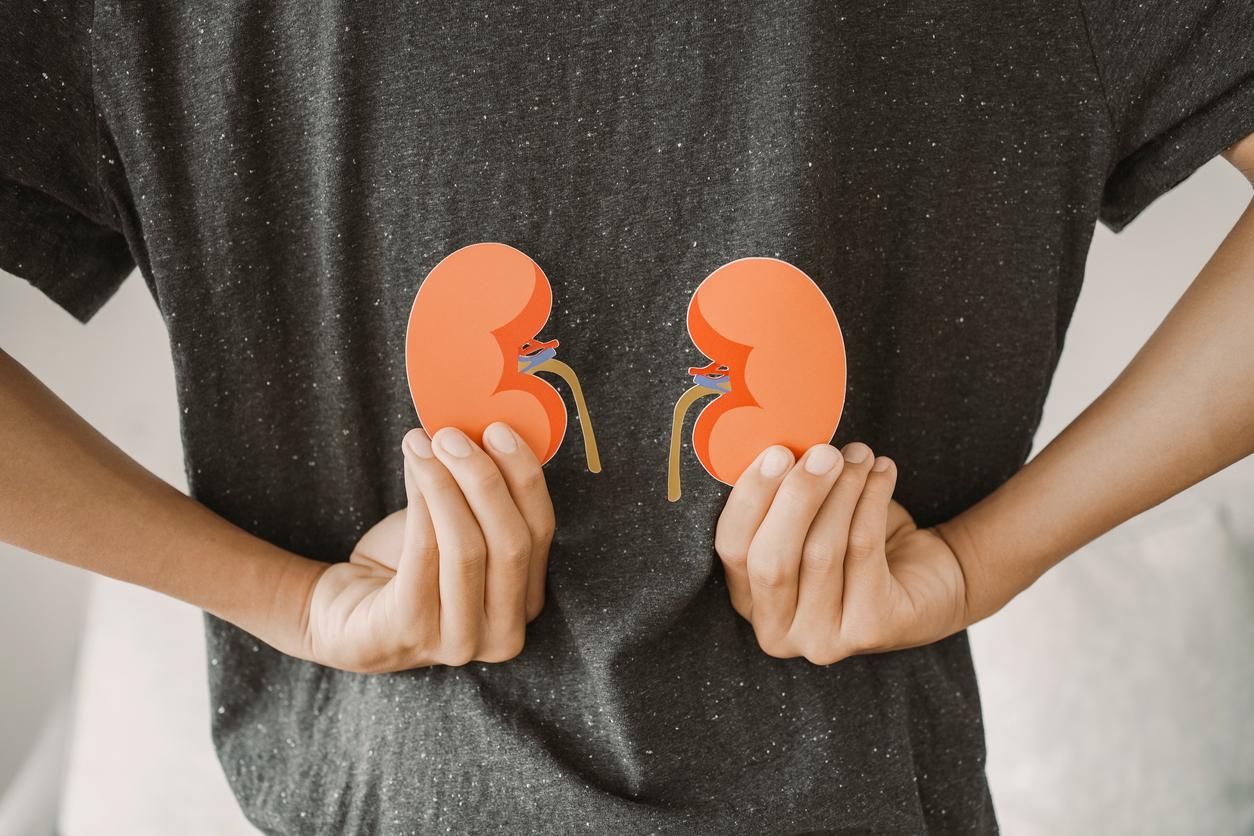Kidney stones are “small pebbles” that can form in the kidneys: composed of mineral salts (calcium oxalate in 90% of cases), they can measure from a few millimeters to several centimeters in diameter.
If the majority of kidney stones are naturally eliminated by the urinary tract, without symptoms, the largest can cause severe pain – we speak of renal colic.
Kidney stones particularly affect men between the ages of 30 and 50. Certain diseases (diabetes, Crohn’s disease, celiac disease, etc.) and the regular intake of certain medications (diuretics, calcium-based antacids, antivirals, etc.) are also risk factors.
Consume more calcium, less sodium… and above all drink well!
When it is very hot, kidney stones are also more common. Indeed: when the body lacks water (because we sweat and do not drink enough, in particular) the mineral salts crystallize more easily in the kidneys, which allows the formation of “small pebbles” .
How to avoid kidney stones when it’s very hot? Here is the advice of Megan Bollner, specialist in urology at the University of Texas Southwestern Medical Center (in the United States):
- Drink a lot of water. Indeed: good hydration slows down the process of crystallization of mineral salts. At a minimum, drink 8 glasses of water per day, and ideally 12 glasses of water per day (3 L).
- Adopt the lemon reflex. Add lemon juice (or lime juice) to your water jugs: citric acid has the ability to “block” the phenomenon of calcification.
- Take your foot off the salt. Sodium promotes the formation of kidney stones: avoid (re) salting your dishes!
- Stock up on calcium. Soy, tofu, dairy products, kale, broccoli… are rich in calcium; however, this trace element promotes the elimination of calcium oxalate in the stool.
Source :UT Southwestern Medical Center
















